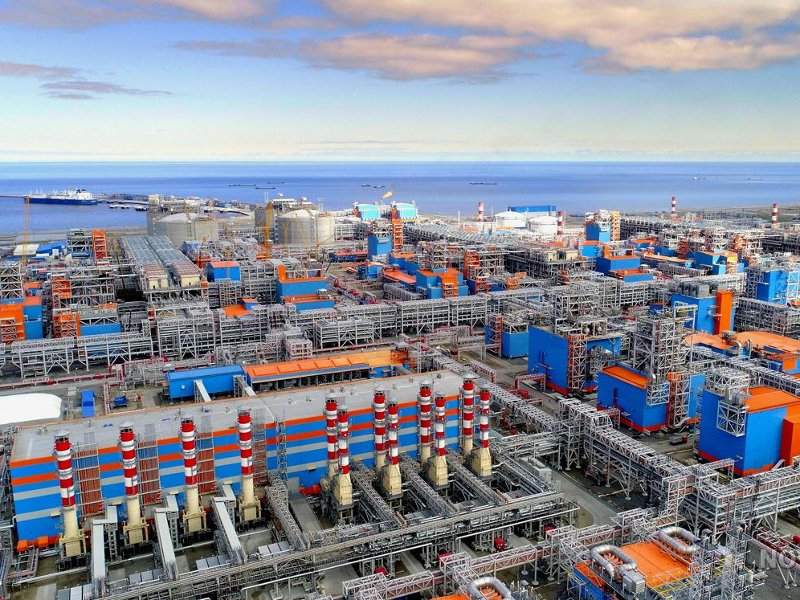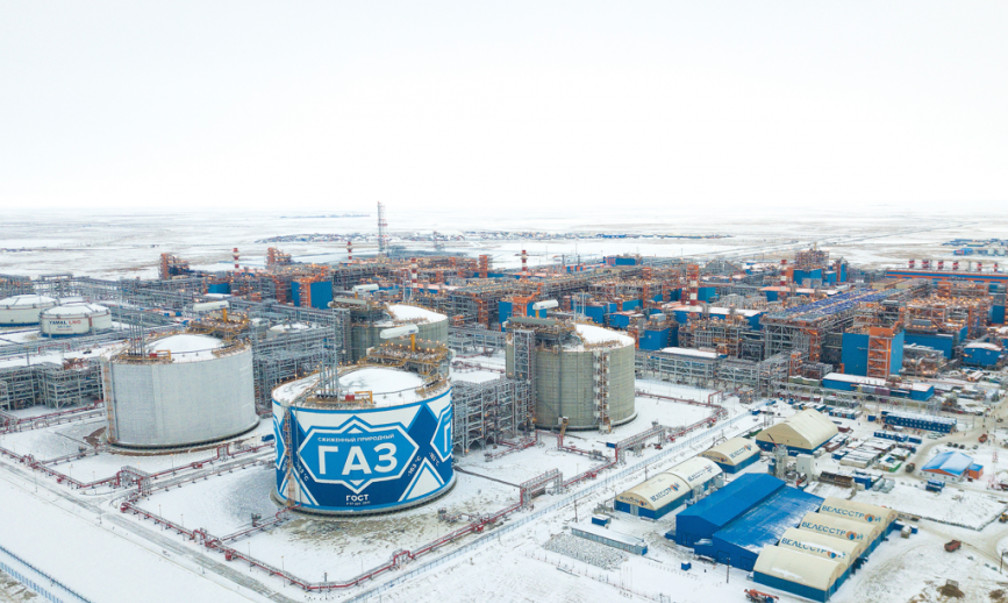The EU set out to choke Russia’s energy exports — and handed Putin a €30 billion loophole
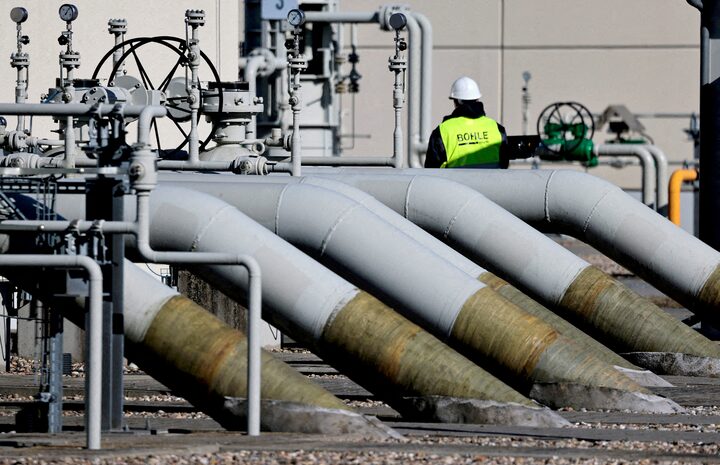
Every time you flip on a light switch in Europe, there’s a chance you’re funding a missile aimed at a Ukrainian kindergarten, as long as Russian gas continues to flow.
Here’s a number that should make every European’s blood run cold: €30 billion. That’s how much more money the European Union plans to send Vladimir Putin for gas over the next two and a half years while children are buried under rubble from Russian missiles.
On 17 June, the European Commission finally presented its long-awaited legal proposal to phase out fossil fuel imports from Russia. After years of war, mounting evidence of Russian atrocities, and endless declarations that “Europe stands with Ukraine,” you might expect this regulation to immediately stop the flow of euros to Moscow’s war chest.
You would be wrong.
Instead, the Commission delivered a carefully crafted document that gives Gazprom, Novatek, and their European enablers a 2.5-year (dis)grace period to keep profiting from blood-stained methane. The math is obscene: over the first four months of 2025 alone, EU member states imported Russian gas worth more than €5 billion — a 17% increase from the same period in 2024.
Two-thirds of this comes from Russia’s Arctic Yamal project, where Novatek loads tankers bound for European ports while Russian forces target Ukrainian energy infrastructure with growing swarms of drones and ballistic missiles.
The €30 billion question: How did we get here?
To understand this betrayal, you need to grasp what the Commission actually proposed versus what Europe desperately needs.
The regulation does include some hard-won victories. Thanks to relentless pressure from civil society and expert analysis by the Centre for the Study of Democracy (CSD) and the Centre for Research on Energy and Clean Air (CREA), Article 7 introduces a breakthrough that can reshape energy markets: all gas entering the EU from third countries — especially Türkiye — will be presumed Russian unless proven otherwise.
This presumption flips the burden of proof and dismantles Gazprom’s laundering schemes. For years, Russian gas has flowed through Turkish and European intermediaries, disguising its origin through paper transactions. Under Article 7, that shell game ends.
The same transparency applies to European LNG terminals — all arriving cargoes must report their ports of initial loading, making it impossible for Novatek to obscure LNG origins through transshipments.
The Commission also executed a clever legal maneuver by framing this as an internal market measure rather than foreign policy, avoiding the European Council’s unanimous voting requirement. Viktor Orbán and Robert Fico — Putin’s allies within the EU — cannot block this regulation.
But here’s where the Commission’s courage collapsed: instead of wielding these new powers immediately, they handed Russia a going-away present worth tens of billions.
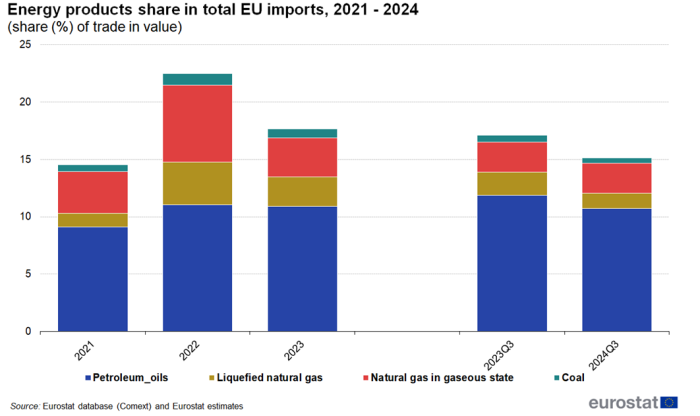
The timeline that breaks Ukrainian hearts
The devil lives in the implementation schedule, and this devil wears Gazprom’s and Novatek’s colors.
Spot market purchases of Russian gas and LNG — trades that could be replaced literally overnight — won’t be banned until 17 June 2026.Unlike long-term contracts, spot market transactions are immediate, short-term purchases that can be conducted anonymously through international hubs, allowing Russian gas and LNG to be “whitewashed” and enter European markets undetected.
There is no technical, legal, or economic justification for this six-month delay. These spot gas purchases are limited in volume and easily substitutable. This grace period is a pure gift to the aggressor.
Even more devastating: long-term contracts with Gazprom for pipeline gas and Novatek for maritime LNG deliveries can continue until the beginning of 2028. Nearly three more years of business-as-usual while bombs fall on Kharkiv, Odesa, and Zaporizhzhia.
According to CSD estimates, up to 75% of current Russian gas imports operate under such long-term contracts. The Commission’s own memo estimates €15 billion per year for LNG and remaining pipeline gas imports via Türkiye — before counting additional billions from Russian crude oil if Hungary and Slovakia maintain their oil import exemptions.
The arithmetic is chilling: assuming current import rates and prices, EU member states will send more than €30 billion to Russia before this “ban” fully takes effect. That’s enough money to fund thousands of missiles, hundreds of drone swarms, or entire military divisions currently destroying Ukrainian cities.
The oil loophole that shame forgot
If the gas timeline wasn’t insulting enough, the Commission’s treatment of Russian oil reaches new lows.
Hungary and Slovakia will continue importing Russian crude via the Druzhba pipeline under vague “energy security” exemptions. This despite comprehensive analysis by CREA and CSD proving that Russian oil can be easily replaced through Adriatic Sea deliveries via Italy and Croatia.The infrastructure exists. The alternative supply routes are proven. The only thing missing is political will.
Instead, the Commission chose to reward Viktor Orbán and Robert Fico — the same leaders who have spent two years undermining EU unity on Ukraine support — with continued access to cheap Russian crude. The message to Kyiv is unmistakable: Europe prioritizes appeasing its internal autocrats over cutting funding to external ones.
The enforcement mirage that guarantees failure
Even if this regulation worked perfectly on paper, its enforcement mechanism ensures failure in practice.
The Commission asks national customs authorities to verify gas origins, but conveniently ignores that some member states cannot or will not perform this function reliably. Without independent EU oversight through the European Anti-Fraud Office (OLAF) or the European Public Prosecutor’s Office (EPPO), this creates perfect conditions for document fraud and corruption.The sanctions evasion playbook is well-established: shell companies, falsified certificates, and paper trails that vanish into regulatory black holes. As long as gas molecules can be swapped, renamed, or rerouted on paper, Russian gas will flow into Europe through the back door.
The Commission’s proposal creates the appearance of control without the mechanisms to enforce it — a bureaucratic theater designed to appease critics while protecting private profits.
The tax solution Europe fails to consider
There is a straightforward way to end this economic and moral travesty: make Russian gas financially toxic through a tax on the price gap between cheap Russian gas and prevailing EU hub prices.This would eliminate the arbitrage profits that European gas traders depend on, creating immediate economic pressure for early contract termination with Gazprom and Novatek. Instead of waiting until 2028, companies would have powerful financial incentives to diversify supply sources immediately.
The Commission ignored this approach entirely. Why kill profitable relationships with Putin’s energy giants when you can maintain them for another three years under the cover of “gradual transition”?
National plans: Bureaucratic shields for Putin’s allies
Perhaps the most cynical element of this proposal is the introduction of “national Russian energy phaseout plans,” allowing each member state to define its own timeline for cutting Russian imports.
This hands professional obstructionists like Hungary, Austria, Slovakia, and Bulgaria a legal cover to delay, dilute, and derail EU decoupling from Russian fossil fuels. We’ve witnessed this strategy repeatedly: the Commission proposes ambitious targets, certain member states hide behind “technical constraints” and “supply security concerns” for years.These national plans will become bureaucratic shields for countries that prioritize cheap Russian energy over Ukrainian lives, transforming what should be coordinated European action into a patchwork of excuses and indefinite delays.
The cost of this bureaucratic cowardice is measured in Ukrainian blood.
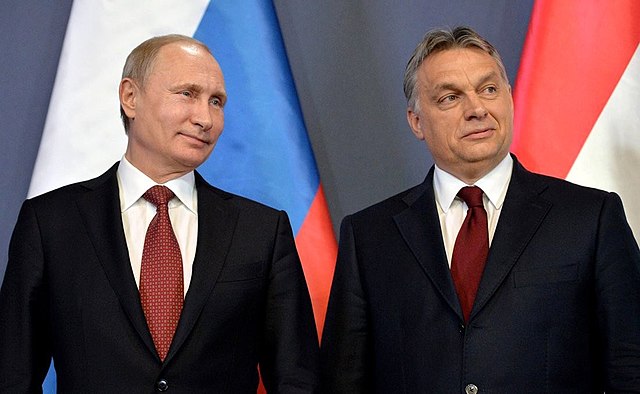
The choice that defines Europe’s soul
This Commission proposal is not a strategy for ending Europe’s role in financing Russian war crimes — it’s a legal fig leaf for continuing business with Gazprom and Novatek under the illusion of eventual decoupling.
The European Parliament and forward-thinking member states face a defining choice. They can accept this moral compromise, or they can demand real action:
- Ban Russian spot market gas imports immediately, not in 2026;
- Introduce a Russian gas price-gap tax to eliminate profitability and accelerate contract terminations;
- End long-term contracts by 2026, not 2028—two years provides ample time for legitimate supply diversification;
- Mandate EU-level enforcement with real inspection powers through OLAF and EPPO oversight;
- Scrap national decoupling plans unless they include strict timelines and financial penalties for non-compliance.
Every day Europe delays this decision, more Ukrainian families receive devastating news that their children won’t come home. Every billion euros flowing to Moscow funds the destruction of democracy’s front line.
The EU cannot support Ukraine while funding Putin’s war machine. There can be no green transition, no energy security, and no peace in Europe as long as Russian gas powers European homes and euros power Russian missiles.
Europe faces a simple choice: will it fund tyranny or freedom?
Stop REpowering Russia. Shut it down.Oleh Savytskyi
Editor’s note. The opinions expressed in our Opinion section belong to their authors. Euromaidan Press’ editorial team may or may not share them.
Submit an opinion to Euromaidan Press
